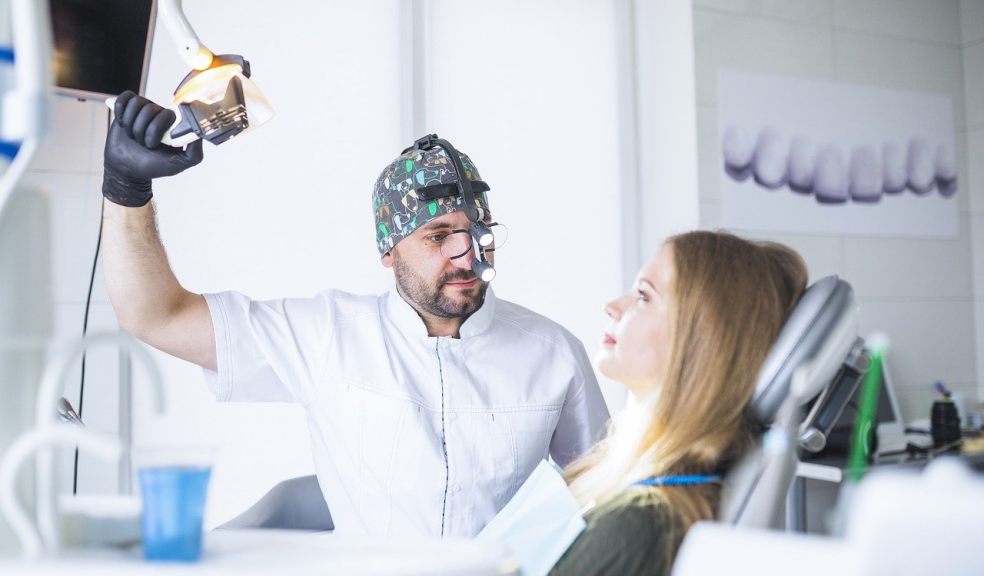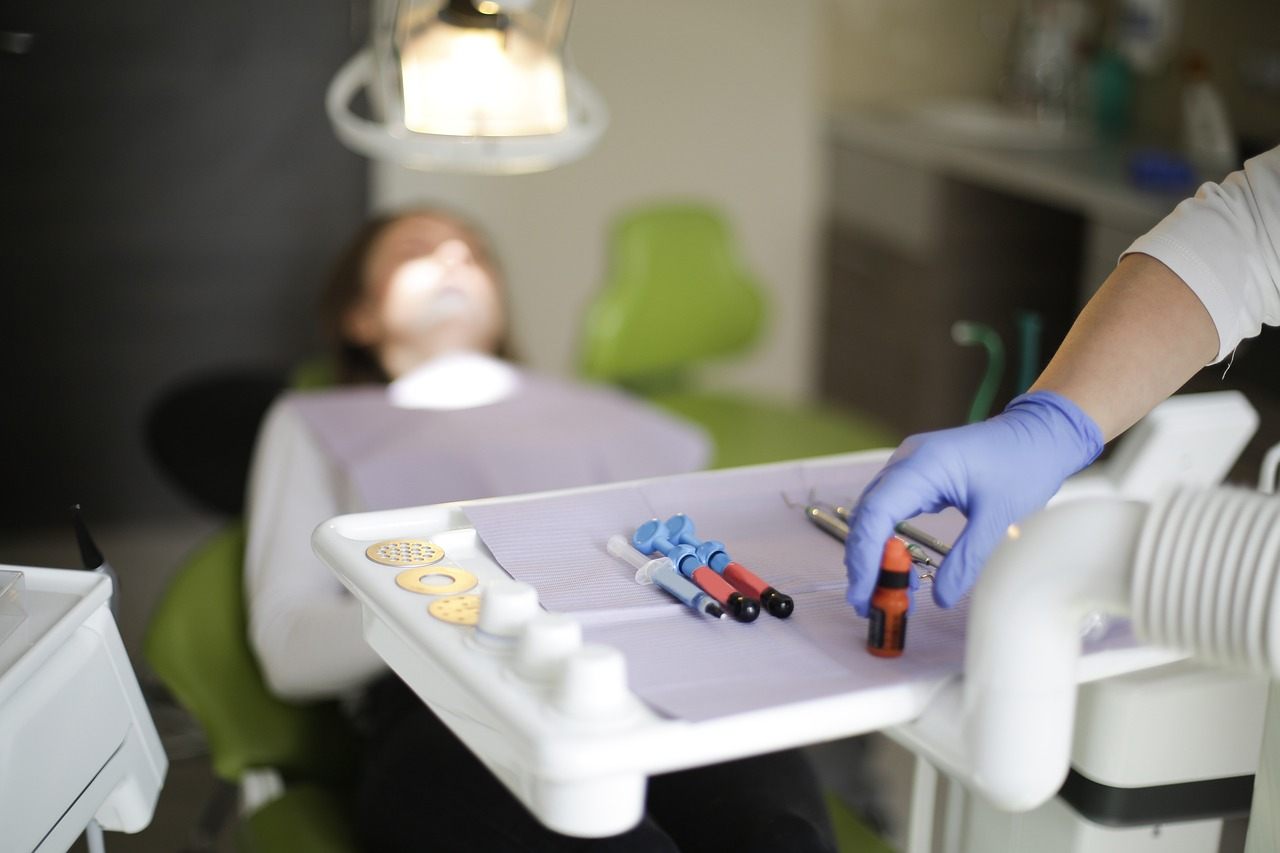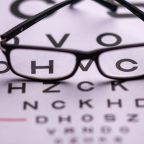
How Emergency Dentists Treat Common Dental Emergencies
Dental emergencies can occur unexpectedly, frequently resulting in considerable pain and distress. Sudden toothaches, fractured teeth, or injuries from accidents necessitate prompt attention. Emergency dentists are equipped to manage diverse dental emergencies, delivering prompt relief and efficient treatment to save additional issues.
Comprehending how emergency dentists tackle prevalent problems will enhance your preparedness and confidence when pursuing care in difficult circumstances. Their proficiency encompasses restoring compromised teeth and mitigating intense discomfort, guaranteeing that patients obtain prompt and effective remedies customized to their requirements.
This article examines prevalent dental emergencies and the procedures employed by emergency dentists to restore oral health and functionality.
Assessment
Before any intervention, your dentist must ascertain the underlying issue. This typically occurs with x-rays. The patient may occasionally identify the source of discomfort, particularly if they have received therapy in that region. Occasionally, the patient will contact and articulate pain in a broad region without providing more insights into the origin of the discomfort. Besides, the dental care professional will examine for indications of issues, including gum irritation or infection. Exposed nerves may necessitate an emergency visit, which could be painful.
The dentist will also examine for any damage to wisdom teeth or the dislodgment of crowns. A fractured tooth may provide a problem, particularly if it possesses any hard edges. Occasionally, the issue resides beneath the gum, such as an erupting wisdom teeth.
Analgesic Relief
Individuals frequently seek the services of an emergency dentist due to discomfort. Clearly articulate your pain if you experience it. Following an assessment, your dentist will take all necessary measures to address the root cause of the discomfort. Nonetheless, required treatments, such as antibiotics, may take several hours to become effective.
Consequently, the initial measure typically involves administering a form of in-office pain management. The administration of analgesics may be requisite once you return home as well. In addition, an injection into the affected area frequently provides expedited relief. Subsequently, the use of anti-inflammatory medications and antibiotics is essential to resolve any existing edema or infection.
Pain Management
Pain management may be feasible during an emergency dental appointment; however, this does not imply that the underlying issue may be fully resolved at that time. Addressing the fundamental issue may necessitate an extra appointment. An emergency dentist can offer a provisional remedy to grant you additional time. Laser therapy and similar treatments can also mitigate certain issues.
During your session, the dentist will take all necessary measures to assist you. For instance, if one possesses a fractured tooth, excising a portion of the gum is feasible to alleviate friction and discomfort. A follow-up visit is essential to ascertain whether the tooth can be restored or requires extraction. Root canals may not be entirely feasible at this type of appointment.
Other issues also require further assistance. If veneers, crowns, bridges, or other dental appliances are damaged, they may necessitate reconstruction or repair in the dentist's office.
An emergency dentist can assist in various circumstances, including:
- Alleviation of dental pain
- Relief from oral pain
- Urgent dental extraction
- Reinforcement of a loose filling or crown (sometimes a provisional remedy)
- Management of dental infections
- Damaged brackets or cables
- Management of wisdom tooth discomfort
During an emergency dental visit, you may not be in an optimal mental state to make informed decisions regarding your treatment and associated expenditures. Assistance for pain can be obtained immediately, allowing for subsequent decision-making.

The Necessity of an Emergency Dentist – Frequently Encountered Conditions
Individuals typically seek assistance from an emergency dentist due to persistent pain and suffering or urgent circumstances.
Below are a few prevalent instances when this is essential.
1. Restorations
After the anesthesia subsides following a cavity restoration, you may begin to experience the effects. Your bite may be misaligned, necessitating a correction.
2. Fractured tooth
A fractured tooth has jagged edges that can injure the gums and oral tissues. One can see an emergency dentist for alleviation, which may involve mitigating nerve discomfort, excising surplus tissue, and obtaining drugs to address infection dangers.
3. Endodontic procedures
An exposed or sore tooth root might result in intricate complications. This issue can be treated, to some extent, during an emergency dental appointment.
4. Third molars
When experiencing the emergence of wisdom teeth or discomfort in the posterior jaw, it is essential to seek assistance. A pulsation may be felt beneath your gum. Analgesia is attainable.
5. Inflamed gingiva
Swollen gums may indicate an infection or inflammation. Pain and hemorrhaging may ensue. In this case, emergency dental practitioners can offer ideal resolutions.
6. Pores in dental enamel
Your teeth may exhibit heightened sensitivity, resulting in pain upon inhalation. A de-sensitizer treatment, functioning much to a varnish, can be administered to seal those locations. This prevents cold air from infiltrating them.
7. Additional Oral Conditions
Your dentist can assist you with additional services as well. Although you might not consider contacting your dentist for these procedures, they could assist in an emergency.
8. Canker sores and herpes labialis
Laser therapy can offer immediate pain relief and accelerate the healing process. Your dental professional may perform therapy that initiates effects within minutes, although ongoing care may still be required.
9. Sinus pressure
Persistent sinus pressure unresponsive to other therapies may be associated with oral health issues. Consulting your emergency dentist might assist in eliminating any dental associations.
In the end!
Emergency dentists are essential for addressing unforeseen dental problems, offering prompt treatment to relieve pain and avert additional harm. Ultimately, familiarity with the prevalent treatments offered enables prompt and specific responses in a dental emergency.



















